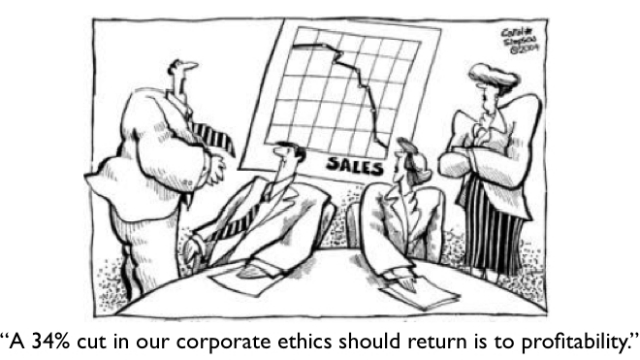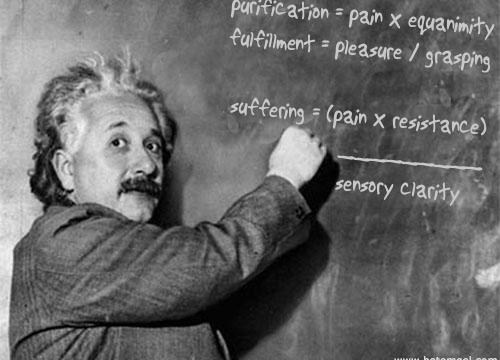The Ethics of Love

In a previous post, Big Think invited you to pose your ethical questions to Randy Cohen, the former New York Times writer who answered reader’s questions in his column “The Ethicist” for over a decade. The dilemmas he tackled ranged from the ethics of moving to higher-priced unoccupied seats at a ball game to whether we’re obligated to blow the whistle on a friend’s cheating spouse. Here Cohen answers the fourth of five thought-provoking submissions. Check back next Sunday to see his response to the next question. (Responses will be released on Sundays over a period of five weeks.)
This is a variation, I confess, of the old Should you tell? question. A close friend with whom I work talks to or has friendly email exchanges with her ex husband at least once a week. They don’t seem to be romantically involved, but are close, close in a way that I would find unacceptable if I were his girlfriend or wife, and indeed in a way that I am certain his second wife, who also is a good friend of mine, would too. It’s clear that she thinks that they have no contact, and even that he dislikes the ex — she makes jokes about the ex, for example, and he kind of laughs along. Do I have an obligation at all to say anything to the current wife about what is pretty common knowledge in our office at least of the ongoing close relationship with the ex wife? I think not, then again, I know that if current wife finds out about their conversations and learns that I knew about them she’d be very upset with me for not having told her.
–Anonymous
Here is Cohen’s response:





